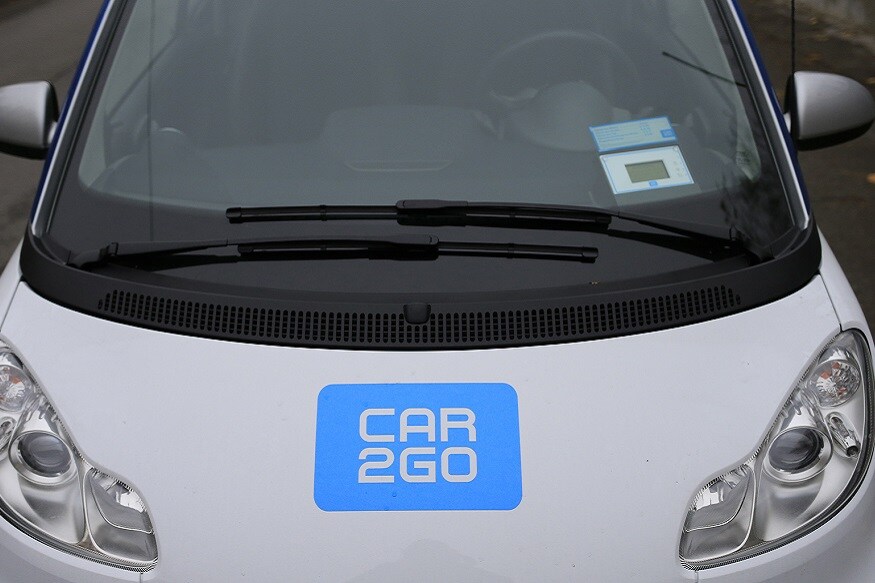
It's
November 22, 2028 and Sarah, a young mother, gives her two children a
kiss goodbye before buckling them into the driverless car that will
bring them to school.
Sarah
doesn't have a car and has no plans to buy one. Living in a suburb, she
has run the numbers and the result is clear: It's much cheaper to order
a car only when she needs one.
The "robo-taxi" has also made her life easier, but only after such vehicles upended the business models which carmakers had relied on for decades.The revolution is already underway, with every major brand racing to create autonomous electric cars and trucks that will always be just a few clicks of a smartphone away.
Fully electric cars are expected to make up 12 percent of the global market in 2025, before jumping to 34 percent in 2030 and 90 percent by 2050, analysts at Bank of America Merrill Lynch forecast last month.
- Adapt or perish -
The motivations are clear: Smog is becoming a serious menace in cities around the world, with China, in particular, demanding cleaner vehicles for its rapidly growing market.
Traffic jams are also eating up hours of commuters' time, meaning car ownership is already no longer a given for many city dwellers.
And carmakers have nimble new rivals: Apple, Google and Tesla -- which last week unveiled an all-electric semi truck -- see a chance to dominate a market that will soon depend as much on software as on engineering.Industry chiefs aren't waiting: France's PSA is betting on car-sharing and other "services" with its Free2Move division, which it hopes will let it get back into the huge US market.
In Germany, Daimler is working with Bosch to develop self-driving electric cars that could be on the road by the early 2020s, and has already launched its own car-sharing service, Car2Go, in some two dozen cities worldwide.
Its German rival Volkswagen has created Moia, a "social movement" unit exploring e-shuttles, ride pooling and car hailing.
"Even if in the future not everyone is going to own a car, with Moia we're trying to make sure everyone will be a client of ours one way or another," VW's chief Matthias Mueller said.Robo-taxis could generate 40 percent of auto industry profits by 2030, according to German consulting firm Roland Berger, which expects demand for private vehicles to drop 30 percent in the period.
And industry experts warn that the automakers which fail to adapt to the shift risk might not survive.- Lagging behind Asia -
But that means investing billions in batteries, charging infrastructure and autonomous driving technologies with little prospect of seeing a payoff anytime soon.
VW announced Friday a plan to spend 34 billion euros ($40 billion) over the next five years on hybrid and electric cars and services in a bid to "reinvent" the automobile.
But for now, so-called "zero emission" vehicles remain a tough sell: Renault's Zoe range of electric cars, which is has offered since 2012, made up just 1 percent of its sales last year.
Its chief, Carlos Ghosn, is hoping that figure will reach 5 percent by 2022.
The contest will be costly for all automakers, with PriceWaterhouseCoopers estimating that production costs for the next generation of electric cars will be 20 percent higher than traditional models, while warning of "serious problems" for returns on investment.
"The speed" of the shift toward an electric future "will have to be taken on by all automotive companies," PSA's chief executive Carlos Tavares said at the Frankfurt auto show in September.
Yet Western carmakers and government officials already fear they are lagging behind Asian rivals, with China, in particular, making headway on electric motors and batteries.
That led the EU Commission to urge the creation of an "Airbus for batteries", with European companies joining forces for large-scale battery production.
"This technology is too important to import it from overseas," the commission's vice president charge of energy, Maros Sefcovic, warned.
article from: news18.com
No comments:
Post a Comment